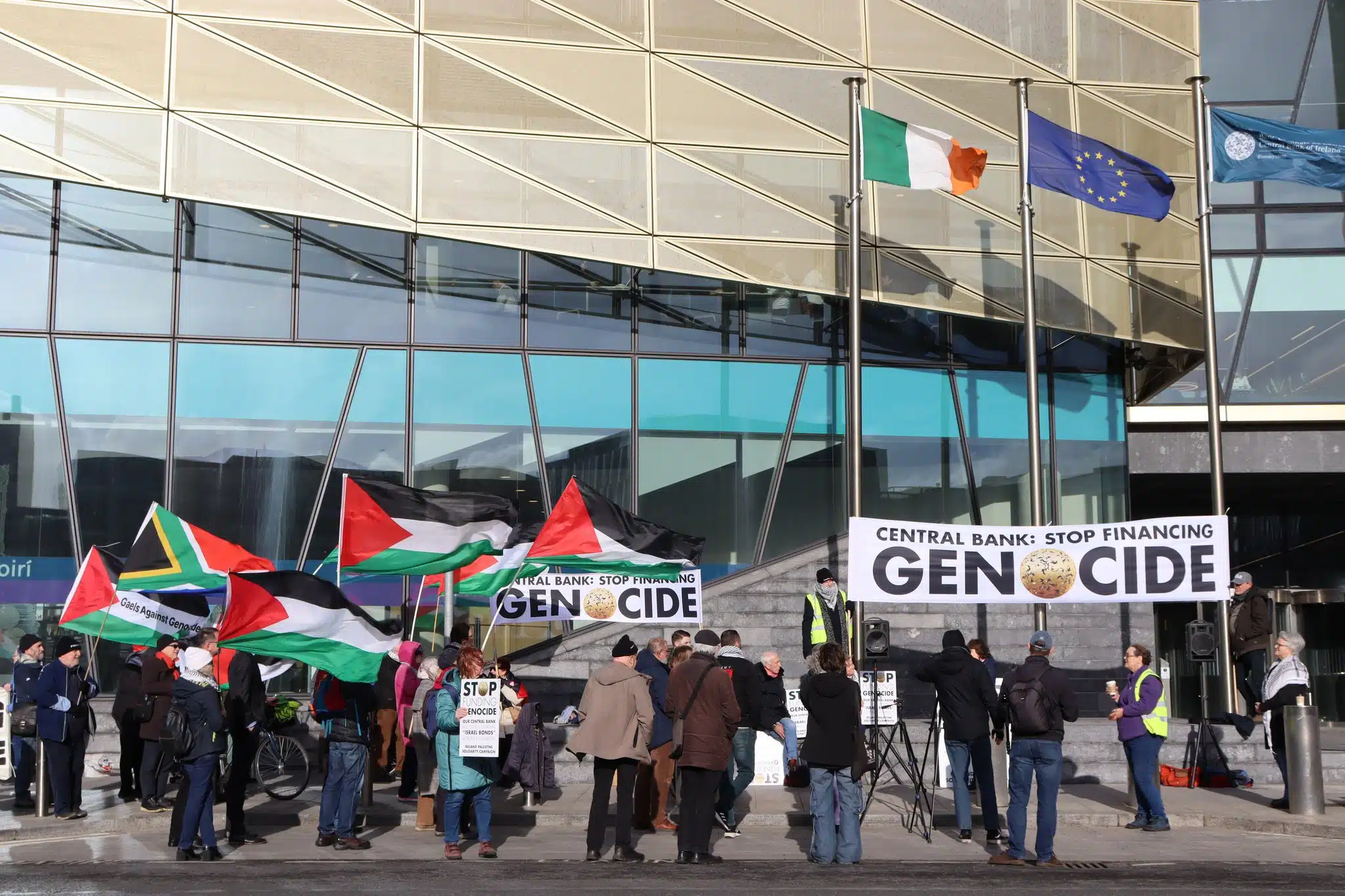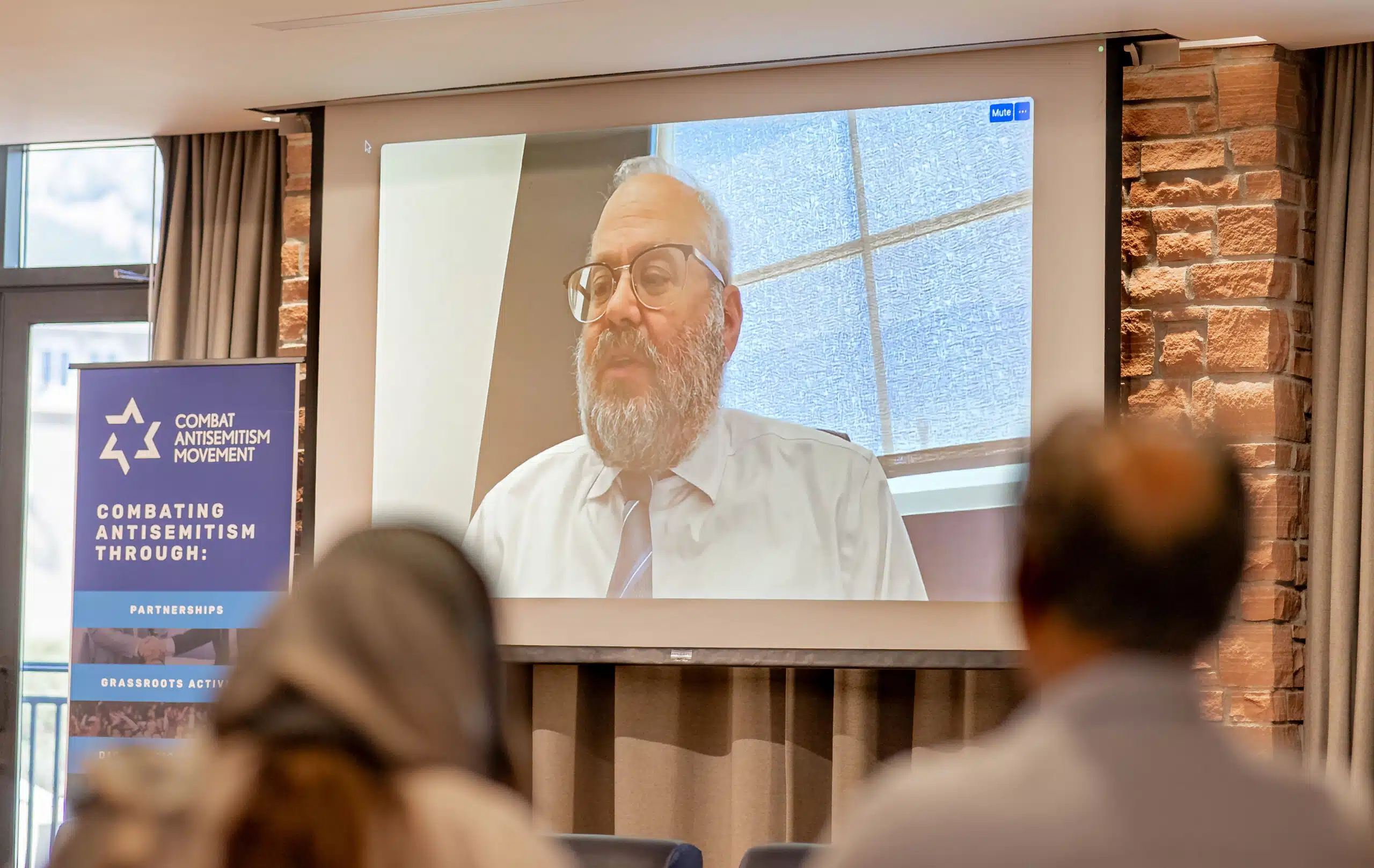|
Getting your Trinity Audio player ready...
|
A new Irish bill seeking to criminalize the import of goods made in Israeli communities in the “Occupied Palestinian Territories” has has sparked fierce condemnation from Israeli and Jewish leaders, who warn the legislation is discriminatory, fuels antisemitism, and threatens international business relations.
The proposed law would penalize Irish companies for trading in Israeli goods from Judea and Samaria, East Jerusalem, and the Golan Heights. It has been denounced by Israeli Foreign Minister Gideon Sa’ar as “antisemitic,” citing its targeted nature.
“This legislation singles out Jews for where they live and punishes normal trade,” Sa’ar said. “If it passes, Ireland will pay a price.”
The bill’s advancement marks a new low in already-strained ties between Dublin and Jerusalem. In December 2024, Israel shuttered its embassy in the Irish capital following Ireland’s unilateral recognition of Palestinian statehood and a parliamentary resolution accusing Israel of genocide.
A senior Israeli official confirmed that Ireland has sought to open diplomatic dialogue in recent weeks, but Sa’ar refused any engagement unless Ireland withdraws its anti-Israel legal complaint to the International Court of Justice (ICJ) in The Hague. “You don’t hold dialogue with a country accusing you of genocide,” the official said.
Ireland has long held one of the most hostile stances toward Israel in the European Union. A recent effort by Ireland and Spain to push anti-Israel resolutions in Brussels failed to secure majority support — yet the new bill signals continued determination to isolate and demonize the Jewish state.
Ireland’s Chief Rabbi Yoni Wieder strongly condemned the legislation, calling it “one-sided and hypocritical.”
“Like most things to come out of Ireland’s parliament since the war began, this targets Israel alone, ignoring war crimes committed by Hamas and Iran,” Rabbi Wieder said. “If Irish lawmakers truly cared about humanitarian values, they would be demanding the release of Israeli hostages and the dismantling of Hamas — not penalizing Israeli businesses.”
Rabbi Wieder cautioned that the legislation enjoys support across Ireland’s major political parties, suggesting economic repercussions may be the only deterrent. “Most politicians seem willing to ignore the damage this could cause to Ireland’s economy just to score political points against Israel,” he added.
He emphasized that while criticism of Israel is not inherently antisemitic, the current discourse in Ireland has repeatedly crossed clear red lines. “When arguments rely on double standards, ancient tropes, and unfounded accusations– it’s no longer criticism. It’s antisemitism,” Rabbi Wieder said.
As tensions escalate and diplomatic bridges continue to burn, the Irish government’s latest move threatens not only its relationship with Israel — but also its standing on the international stage as a fair and principled actor.









